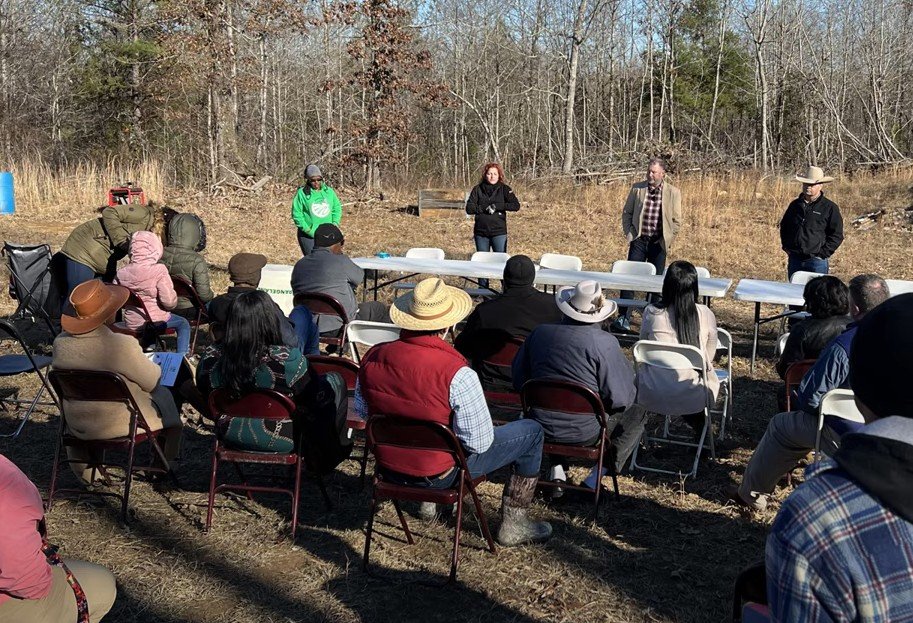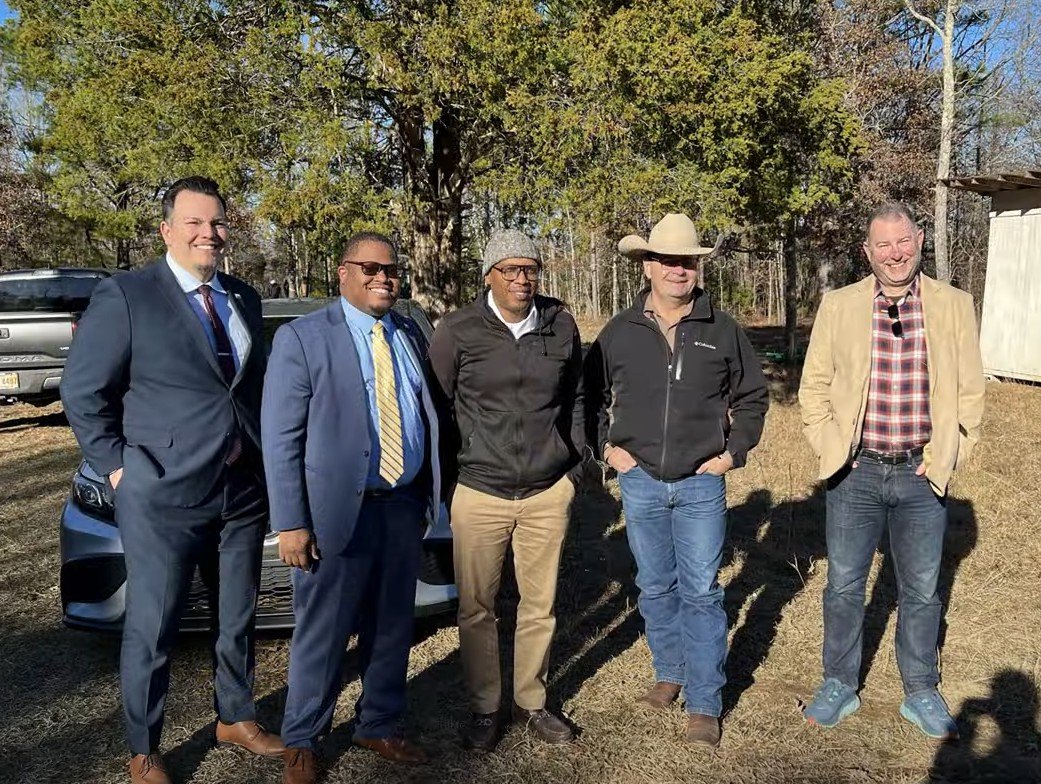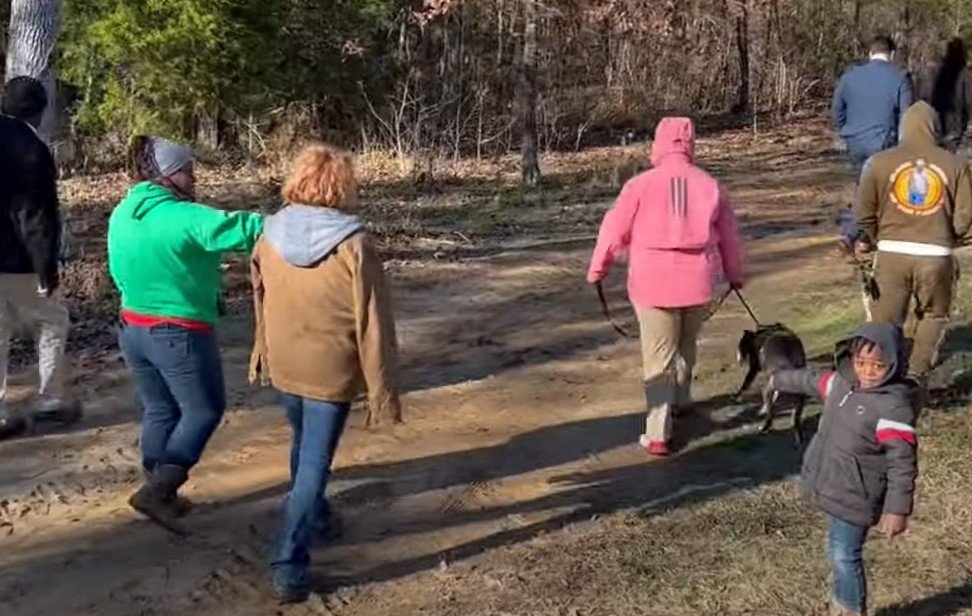About our work
Founded in 1998 by Danita Rodriguez and Juan Pesqueira, DRA Resources is an experienced provider of community and economic development projects, working across food system value chains, entrepreneurship, and social services.










Our Practice
A bilingual evaluation, research, and entrepreneurship support practice, DRA Resources is designated as a minority and women-owned small business with 8(a)/SDB Certification. We engage a multiracial network of Associate Consultants throughout the United States and abroad.
DRA Resources has raised over $60 million for programs in bilingual education, 21st Century learning centers, parent training and information centers, vocational rehabilitation, farmworker employment and training, community development financial institutions, and housing.
We have completed comprehensive monitoring & evaluation, workforce development, human services, community development financing, entrepreneurship, and small-holder farming projects funded by the U.S. Department of Education, Department of Labor, HUD, and multiple agencies and programs of HHS, and USDA.

Signature Projects
-
Multi-Strategy Capacity Building
Working with an anchor workforce development agency in Clarksdale, Mississippi, DRA Resources has secured millions in new Federal resources, created new programs, and fixed practical problems in the value chain to support family farmers and farmworkers.
The programs have produced an active cooperating network of more than 89 low-income, Black-owned farmers and value-added producers in an extremely low-income region across 14 counties. Connected to each other and to new markets, resource sharing, and mutual aid (e.g. tractors, hoop house installation, field days), the growers are all earning significantly higher and more sustainable incomes from their farms.
-
Regional Vision and Strategy Analysis
In a USDA-funded research project, we interviewed Mississippi Delta stakeholders, analyzed existing conditions, identified resources needed to improve the regional food system, and then developed indicator and outcome measures to assess progress. The resulting vision and report continues to work as a living document to inform efforts to create a more agile responsive, sustainable, and vibrant food system for fresh, locally grown produce throughout the region.
-
Multi-City Business Support Asset Inventory
In a 2020 project coordinated by Common Future and funded by JPMorgan Chase Global Philanthropy, we collected data, and interviewed technical assistance providers in nine U.S. cities: Atlanta, Indianapolis, Los Angeles, Minneapolis MN / St. Paul, New York, Portland, San Antonio, Richmond, and St. Louis.
We identified the organizations specifically serving businesses owned by people of color and focusing on COVID-19 response and recovery.
-
Delta Direct Healthy Food Boxes
Over the summer and fall of 2021, 36 Mississippi Delta producers worked together to feed 125 families a week through a combined Rx and Community Supported Agriculture program that provided boxes of fresh, high quality vegetable, fruit, nuts, fresh eggs, jams, and baked goods produced locally on small family farms, nearly all of which are Black-owned and operated. Market and distribution partners include local social service agencies, Delta State University, and local businesses.
-
Program Development and Grants Management Advisory
Over more than a decade, DRA Resources supported a farmworker support agency and community development finance institution working across Arizona, California, and Colorado with comprehensive program development. In addition to designing and evaluating a suite of successful programs, we provided technical assistance in grants management, contract negotiation, and staff training. A signature project was a new National Farmworker Jobs Program (NFJP) Housing Assistance Project based on National Community Reinvestment Coalition Best Practices and involving YouthBuild USA and YouthBuild AmeriCorp that recaptured foreclosed properties for increased community housing while providing job training. The innovation was recognized as a National Best Practice program model, 2013-2016 and 2016-2019.
